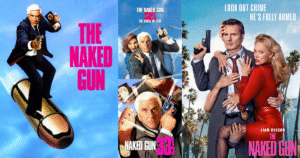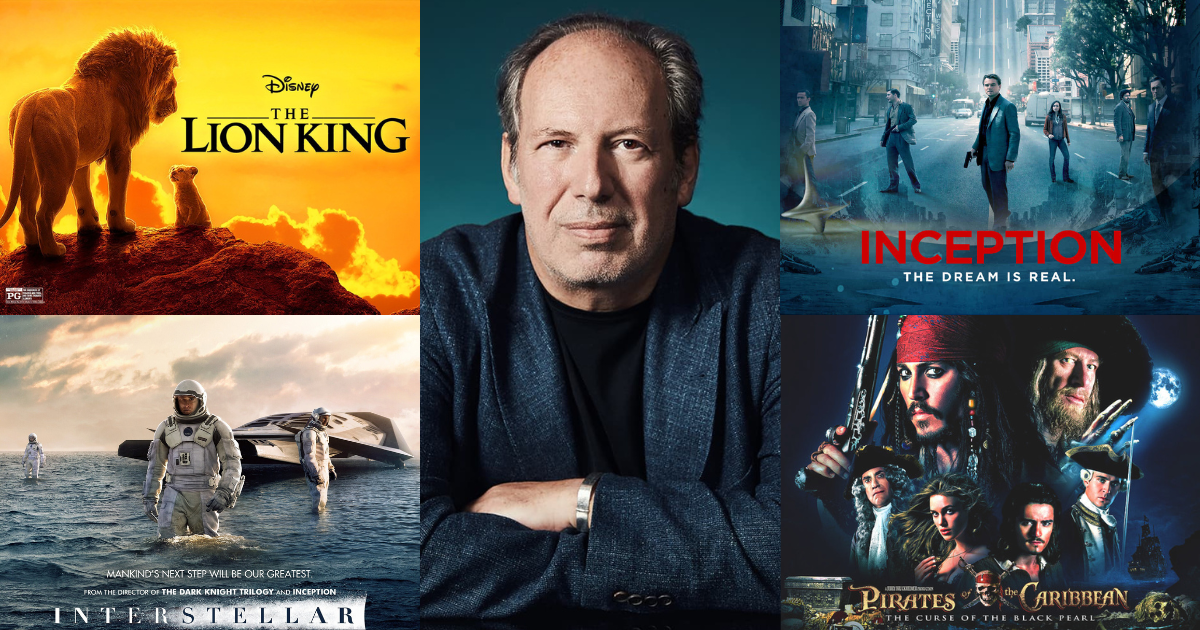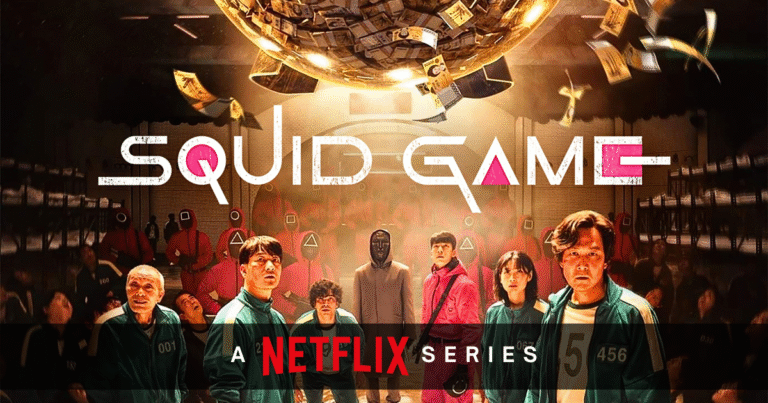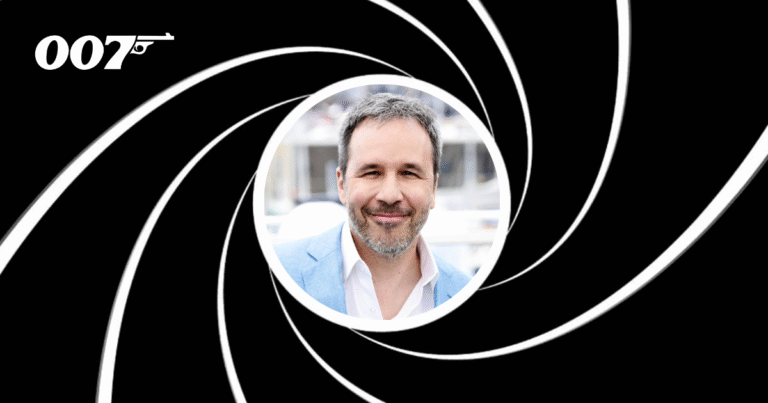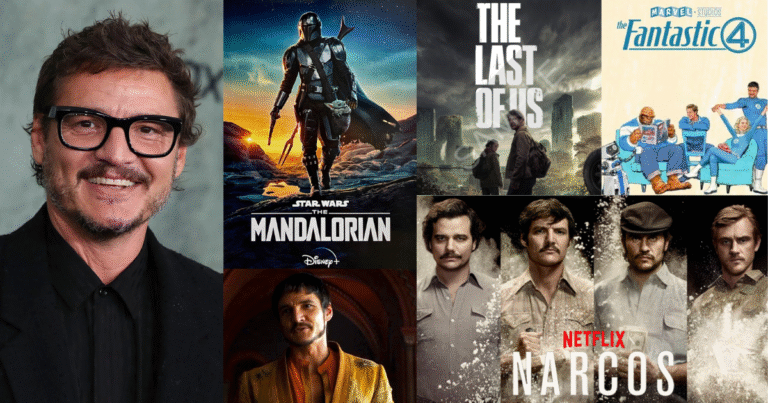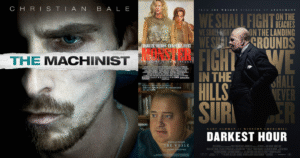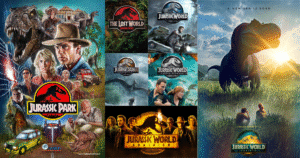When you think of movie music that sends chills down your spine, chances are high that you’re thinking of something Hans Zimmer composed. From The Lion King to Inception, Zimmer has crafted soundtracks that don’t just accompany the story, they elevate it, twist it, and sometimes even become the story.
In a world where music often plays second fiddle to visuals, Hans Zimmer flipped the script. His scores are not background noise. They’re loud, they’re emotional, and they demand attention. But what is it about Zimmer’s music that makes it stand out in a sea of cinematic soundtracks?
Let’s dive into how Hans Zimmer redefined film music and why his influence continues to shape Hollywood’s biggest blockbusters.
From Synths to Symphonies: Zimmer’s Early Days
Born in Frankfurt, Germany, Hans Zimmer started out in the world of pop music and advertising jingles before finding his calling in film. One of his earliest big breaks came with Rain Man (1988), where his mix of electronic and acoustic instruments caught Hollywood’s ear. It was fresh. It was different. And it earned him his first Oscar nomination.
Zimmer didn’t grow up steeped in classical training. Instead, he approached film music like a storyteller who just happened to use sound instead of words. That outsider’s mindset helped him push boundaries others didn’t even think to question.
The Zimmer Signature: Power, Emotion, and Innovation
What makes a Hans Zimmer score so unmistakable?
First, there’s his signature “braaam” sound, that deep, booming blast made famous in Inception. That sound alone launched a thousand trailers. But it’s more than just volume. Zimmer’s music is built on emotion. Whether it’s the haunting simplicity of Interstellar or the tribal pulse of The Lion King, he knows how to make you feel something.
In Interstellar, Zimmer used a 1926 pipe organ to mirror the vast loneliness and awe of space, crafting a sound that felt both ancient and futuristic, perfectly aligning with the film’s emotional gravity.
Zimmer often collaborates closely with directors like Christopher Nolan, Ridley Scott, and Ron Howard. These creative partnerships let him design music that’s woven directly into the DNA of a film. In Dunkirk, for instance, Zimmer turned the ticking of a watch into a relentless musical heartbeat. You didn’t just hear the tension, you felt it pressing against your chest.
A New Kind of Orchestra
Zimmer isn’t just a composer, he’s an inventor. He builds new instruments, blends genres, and even turns everyday sounds into musical elements. He doesn’t believe in “rules” when it comes to film scoring. If a track needs a wall of synthesizers or a single church organ echoing in an empty hall, that’s what you’ll get.
His work on Gladiator introduced vocal elements that added a spiritual depth to battle scenes. In Pirates of the Caribbean, he created a playful-yet-epic theme that made Captain Jack Sparrow’s antics feel like high-stakes opera. And with Man of Steel, he reinvented the Superman sound, moving away from the hopeful trumpets of the past to a more grounded, intense emotional tone.
Zimmer also champions technology. His studio, Remote Control Productions, is known for developing new tools for composers and mentoring the next generation of film music creators.
Live Shows That Rock Like a Stadium Concert
In recent years, Zimmer has taken his music on tour. His live performances are not your typical orchestral evenings. They feel more like rock concerts, complete with electric guitars, video projections, and Zimmer himself jamming at the keyboard.
Audiences around the world get to experience the intensity of his work in real time. It’s not just about the music. It’s about sharing the raw emotion behind it. Zimmer often takes the mic between pieces to talk about his inspirations, his collaborations, and even his fears.
It’s clear he doesn’t just write music for movies. He writes music for people.
Awards and Accolades (and Still Going Strong)
Zimmer has won an Academy Award, Golden Globes, Grammys, and countless other honors. But what matters more is how often his work sticks with audiences long after the credits roll. When someone walks out of a theater humming a melody, or searching Spotify for “Hans Zimmer playlist”, that’s a win in itself.
His Oscar-winning score for Dune proved he’s still evolving. The soundtrack uses guttural vocal sounds, custom instruments, and a sandstorm of layered textures to bring the harsh planet of Arrakis to life. It’s strange. It’s bold. And it’s exactly what makes Zimmer… Zimmer.
Why Zimmer Still Matters
In an era when content is everywhere and attention spans are shrinking, Zimmer proves that music still matters in movies. That a great score isn’t just background, it’s the soul of the film.
He doesn’t just write notes. He builds sonic worlds. And every time you hear those worlds, you’re transported somewhere else. That’s not just good film scoring. That’s magic.
Notable Mentions
Though we’ve highlighted many of his biggest hits, let’s not forget some underrated gems in Hans Zimmer’s catalog:
- The Thin Red Line – hauntingly beautiful and meditative
- Sherlock Holmes – a playful mix of violin madness and mischief
- The Last Samurai – emotionally rich with Japanese instrumentation
- The Holiday – a cozy, whimsical score that shows his softer side
Whether you’re a filmmaker, a musician, or just someone who loves movies, there’s a good chance Hans Zimmer has touched your life in some way. He doesn’t just score films, he scores memories.



